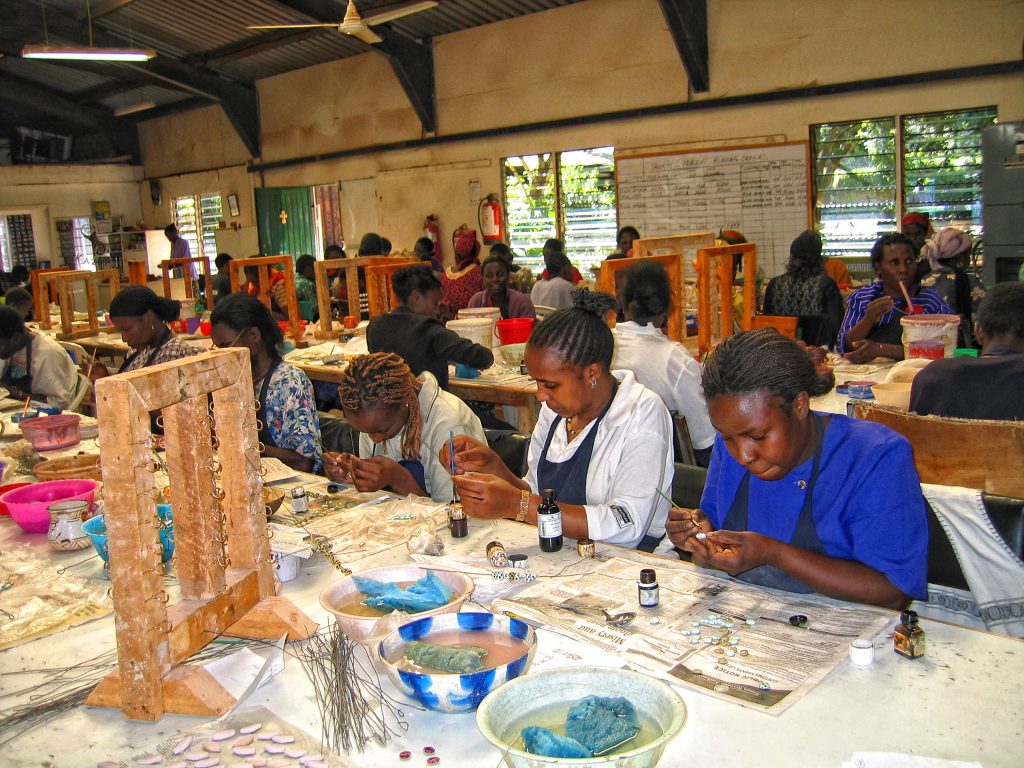Ever wondered how you can become a sustainable traveller? From reducing your carbon footprint to supporting local businesses and wildlife, here’s all the information you need to become a more aware and responsible tourist.
As one of the world’s largest and fastest-growing industries, tourism enables economies to prosper and supports local businesses and communities. Sadly, the ever-increasing number of travellers is taking a serious toll on the environment and its inhabitants.
Whether it’s staying at eco-friendly lodges, giving back to the local communities, or being conscious about the wildlife, there are many simple steps you can take to become a more sustainable traveller.
4 Ways to Become a More Sustainable Traveler
Travelling to East Africa is a unique opportunity for you to discover new cultures, reconnect with nature, and unwind. However, as a tourist, you have the responsibility to preserve and protect the environment, local communities, and wildlife, so we can continue to enjoy these incredible experiences for years to come.
Here are 4 simple ways to become a more sustainable traveler in East Africa:
1. Research your destination
It’s very difficult to make a positive impact when you travel if you don’t know anything about the local communities welcoming you. By doing some research before the trip, you can learn about their local customs, their language, how take care of their natural resources, and more, so that you can better integrate into their everyday life.
2. Choose the right tour company.
There are many tour companies in East Africa for you to choose from but before you go on your trip, do some research to find out the values and practices of the operators and whether or not they support sustainable travel in the country you want to visit.
5 FACTORS TO CONSIDER WHEN CHOOSING A TOUR COMPANY
Why Choose Let’s Go Travel
Let’s Go Travel is a 4 time winner of the Eco-Warrior Award and we do everything we can to promote responsible and eco-friendly tourism by:
- Customising itineraries around preferred locations that have lodges following the principles of better, more responsible tourism.
- Giving tourists a chance to be involved in humanitarian activities such as the ‘Happy Projects’, created by a local organisation.
- Promoting establishments that demonstrate good practices in water usage and waste management.
- Employing local guides.
- Complying with all the relevant legal requirements and ensuring that all social and humanitarian objectives by law are observed.
3. Respect the wildlife and Follow The Rules of The Park You’re Visiting
If it’s your first time on safari, it’s normal to get very excited when you spot wild animals on your route, but you must remember that this is their natural environment, and you are simply a visitor. Try to keep a reasonable distance and respect their space because it’s their habitat, not yours!
Follow Park Rules
Rules are put into place for a reason, and the ones set in the national parks and game reserves are there to protect both the wildlife and the visitors. This can include:
- Speed limits
- Not feeding or disturbing the animals
- Being vaccinated against certain illnesses before you enter the park
- No littering
- Not spending the night in the park, unless it’s in specific facilities
Remember, breaking these rules can put everyone in danger so you must be responsible in your actions to keep the well-preserved balance of the area.
4. Support Local Businesses
Whichever country you’re visiting, remember the local people are the ones welcoming you and helping you immerse into their community, so give something back by supporting the economy. Always try to shop for souvenirs, clothes, even food, from local stores, where everything is hand-crafted.
Benefits of shopping local
- You will be directly supporting the seller and his/her family
- You’ll be promoting the economic growth of the local community
- You’ll be kinder to the environment because locals work with raw and natural materials
- You’ll get an authentic holiday experience, whether it’s from the new food or the local artisans you purchase.
Always learn about the products you’re buying
Whether you’re buying local or not, always stay informed on the materials used to create the goods you’re about to buy. Sadly, it’s common for materials such as elephant tusks and porcupine quills to be used for making lamps, necklaces, and bracelets, so make sure you’re responsible in all your purchases.
Call Today
To find out more about how we can customise your safari itinerary to help you reduce your environmental impact, and become a more responsible and sustainable tourist, contact our travel agents today at +254 722 331 899.

